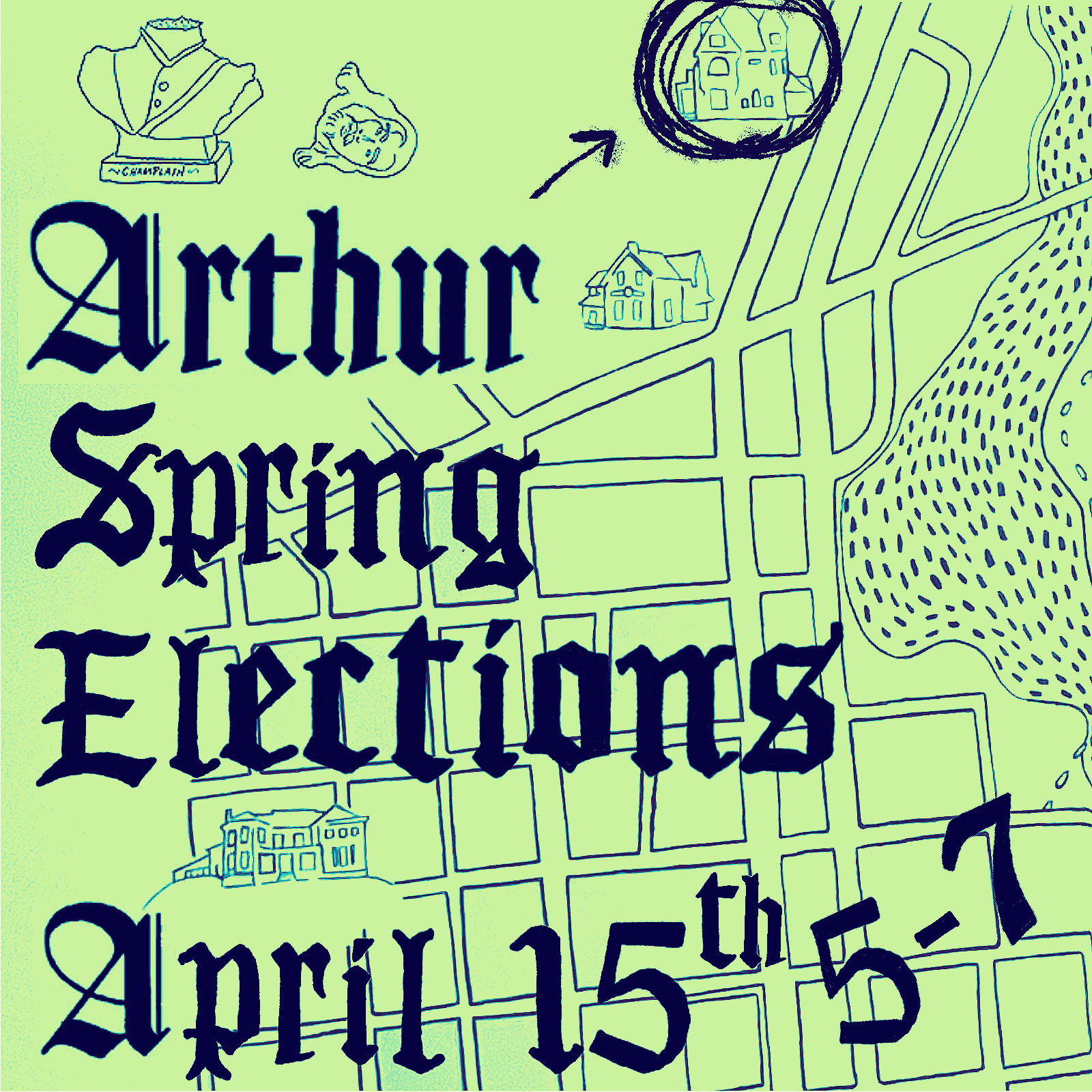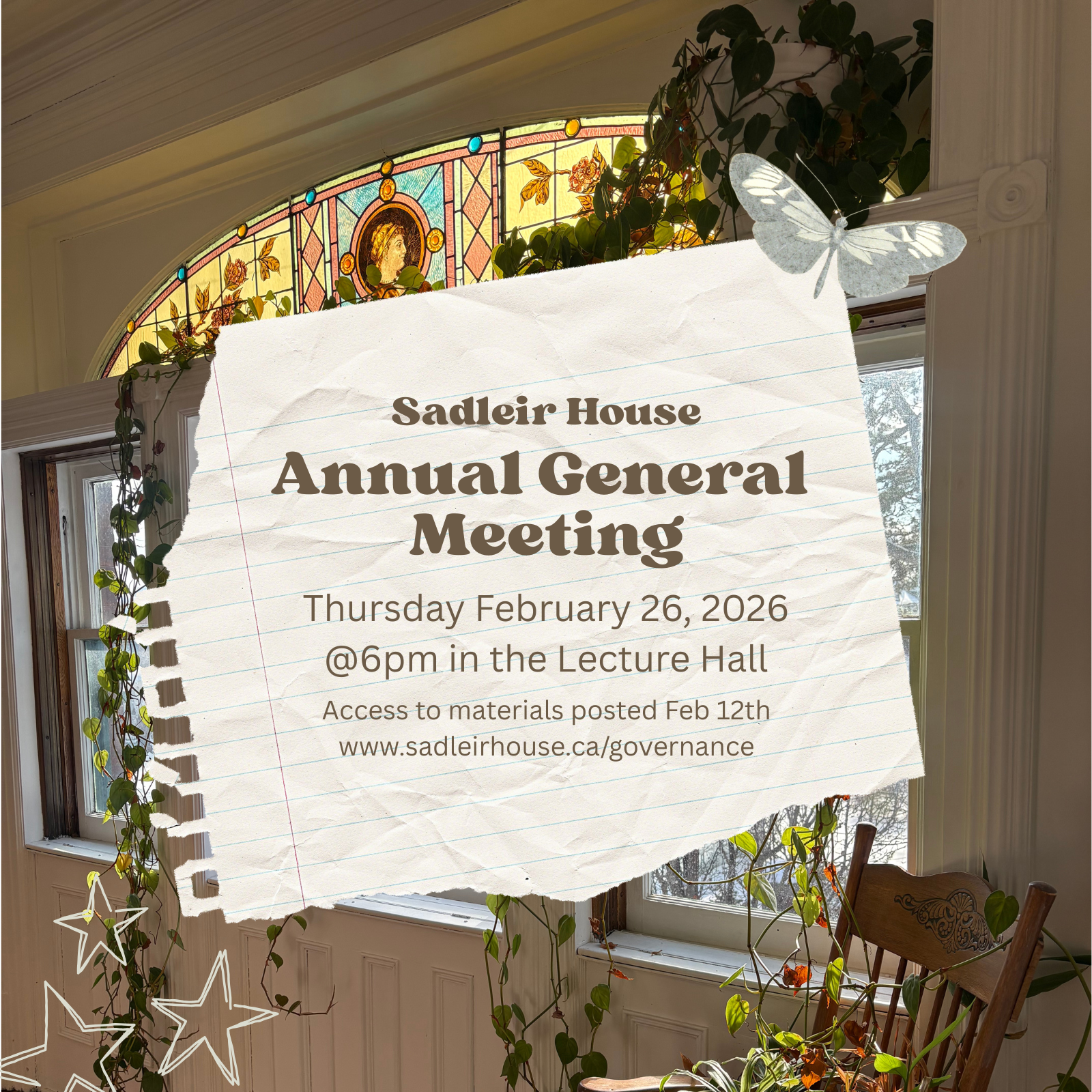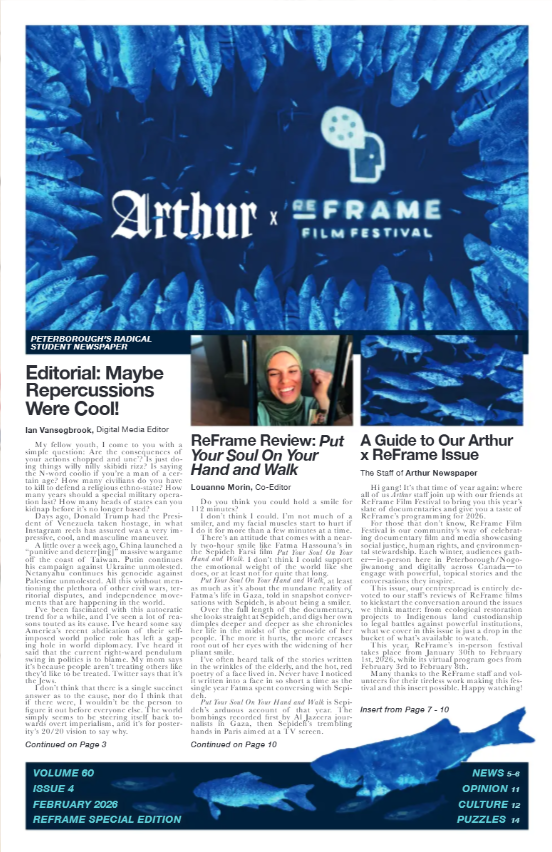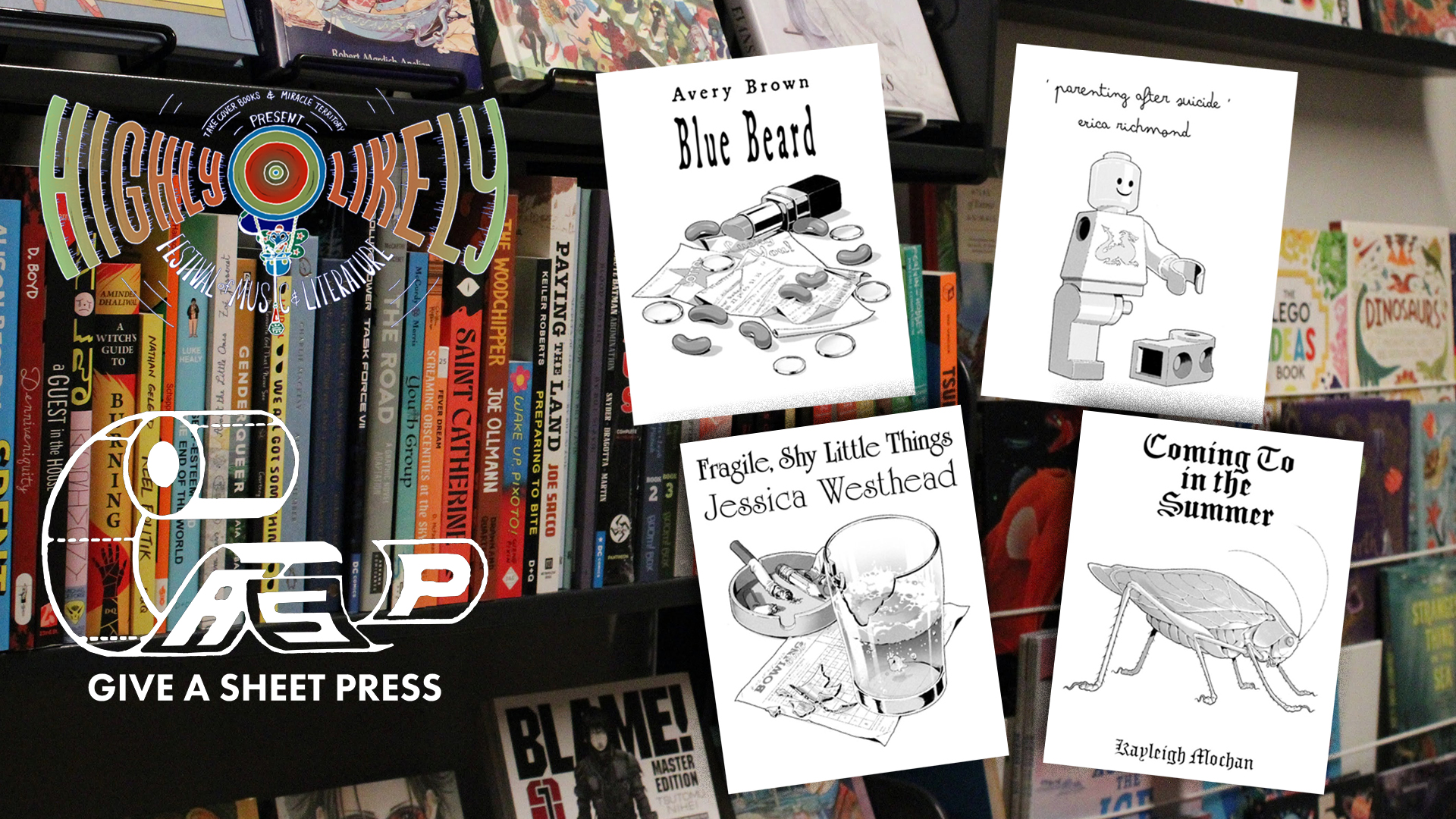I often wonder what the outsider of university life might think about the way students live. The website of any given university gives a picture-perfect answer to this question; presenting countless images of young people studying, playing sports, or engaging in extracurriculars, all with the most enthusiastic of smiles. I imagine this is the same conception of student life that most of my family, friends, and relatives possess, many of whom I tell that school is “going great!” when I don’t care to elaborate further. However, this portrayal of student life obscures its reality. In our mediation of school, work, and social activity, students undergo strenuous pressures, which at times reduces us to exhaustion and for many, to sadness and self-contempt. With that said, I cannot underemphasize the joys that I’ve experienced since becoming a university student; none of which can possibly be captured in an image to be marketed on the university website. Now that I’m completing the final year of my degree, I believe it’s necessary to articulate a more accurate conception of what it means to be a student, at least from my own experience. Not just for incoming students, but as well for those who are graduating, and are similarly keen to reflect on our past four years at Trent.
The position of students upon entering the university is an ambivalent one; both freed from the rigidities of parental control, and immersed into a new set of freedoms and obligations. Given the complexity of this change, I hope I am justified in making a brief theoretical detour in my exploration of student life, specifically through the concept of “affect” developed by the 17th-century philosopher Baruch Spinoza. Spinoza believed that as “bodies” comprised of manifold parts, living beings function in accordance with the affections (i.e., the interactions with other bodies) that we undergo, by which “the body’s power of acting is increased or diminished, aided or restrained.”
According to Spinoza, the affections we undertake include joy, the result of the body’s passing from a lesser to a greater power of acting; and sadness, the result of its passing from a greater to a lesser power of acting. In other words, when we encounter an external body or thing, if it agrees with our makeup and increases our capacity to live and act in the world, we experience joy. Conversely, if it conflicts with our makeup and decomposes our powers, we experience sadness. Spinoza claims that all other feelings follow from these elementary affections: out of joy manifests love, hope, confidence, compassion, and self-esteem. Meanwhile, out of sadness manifests hatred, fear, disdain, remorse, and humility.
As the body of the student first encounters the social, intellectual, and geographic body of the university, the student undoubtedly undergoes a series of both joyful and sad affections. On one hand, students are introduced to new fields of study through which they can become more knowledgeable. They also begin to cultivate new friendships and relations with people, behind whom lie vastly different experiences and conceptions of the world. On the other hand, students must submit to an increasingly stressful schedule of schoolwork. This is in addition to suddenly being in charge of meeting their basic needs. This stress has undoubtedly worsened with the imposition of neoliberal policies upon the university, a phenomenon described thoroughly by Nick Taylor in an Arthur article of last year. As governments have drastically cut funding for post-secondary education, students’ tuitions have skyrocketed. This forces many to engage in wage-labour alongside their studies, and to compete for scholarships and bursaries to cover costs which did not previously exist. Moreover, as the government increasingly functions like a business motivated by profits, they have imposed means-tested evaluations on program curricula. This in turn leads to funding that prioritizes an education’s economic dimensions—employability, value added to the economy—over its function of creating a knowledgeable populace.
It comes as no surprise that many students have consented to this conception of university education, treating it as a mere credential from which to eventually derive an income, rather than a means for critical study of the world. Education thus becomes just another form of work—a painful but necessary chore—while the university becomes the site at which so many students are overworked.
With so many students feeling overworked, there is certainly no lack of available products and technologies which they can consume to unwind. This includes the constant development of smartphone apps, social media platforms, and video streaming services means that young people can spend what little free time they possess indefinitely scrolling through news feeds and turning from one screen to another. In Spinoza’s language, we can conceive this phenomenon in terms of people’s general diminishment of affections undergone, apparently preferring the comfort of repetitive, minute pleasures, as opposed to actively striving for joyful encounters with the unknown. This is the reality described by Guy Debord in his 1967 book The Society of the Spectacle, which evokes the ways in which humans’ consumption of images through consumer goods, news media, and marketing has replaced all real social activity, such that people affirm the world entirely without engaging in critical thought.
Hence, the seemingly paradoxical position of students today: they are more exposed than any other group to information on injustices committed in the world and resistance to them. And yet, the mobilization of students en masse occurs much more readily on each Wednesday night in ungodly-sized lines to pay for overpriced drinks at local bars than in any given protest against such contemporary issues as the acceleration of global warming or Peterborough’s housing crisis. While so many students would likely voice their concern about these issues, their practical intervention is precluded by their ever-tightening schedule of school-work-pleasure. Students’ excessive workloads and passive habits thus removes us from our power to act: obligatory work and compensatory pleasure replace the joys of emancipation and solidarity, as collective guilt replaces collective action.
While active behaviour—be it through protest or otherwise—is of course not totally dead, throughout my four years at Trent I’ve nevertheless experienced these passive tendencies dominate the behaviour of the general student population, myself included. But this is undoubtedly where the struggle to become active and joyful lies: the tension within oneself against passivity; to resist the comfort of being acted upon and to draw the strength to truly exercise one’s own will. To will something is by no means simple, however. As the French philosopher Gilles Deleuze notes, for one to will fully and actively “makes willing a creation, and brings about the equation willing = creating,” thus inscribing one’s full desire into a world yet unrealized. To will and act creatively requires not only that one employ effort and deliberation through one’s actions and defy the exhaustion caused by work; it also means being accountable and unable to blame one’s actions on the orders of a higher authority. While such creativity can be found in the subtlest actions which diverge from established and popular practices, it is also a precondition for mass protest and revolution.
All of this is to say that despite its tendencies to engender sadness, the opportunity of higher education nevertheless opens the possibility for the cultivation of this creative action and the pursuit of joy. Insofar as students approach their education as something other than a kind of job training, they may find that the depth of their education offers insights into the world which are inconceivable within a kind of common sense. The devotion to studying in this way sheds light upon how humans can and ought to live in the world; that to actively undertake one’s own projects and investigations through one’s studies constitutes a kind of life-expedition. This entails realizing that self-becoming is more rewarding than the simple pleasures derived from the use of consumer goods. It is this kind of project which I believe I’ve had the fortune of pursuing throughout my undergraduate degree, and it is this venture that I would strongly urge incoming students to take up, as difficult as it may be.
My claims might fall upon deaf ears for those like myself who graduate this year and are nearly finished with being students. Our departure from the university seems for many to be a strange thing, at once freeing us from our school work but pressing us into new obligations. Indeed, for many students graduation will be a saddening experience, possibly disintegrating the friendships we’ve developed and compelling us to take up new habits to adapt to the pressures of adulthood. I believe that the only way to cope with this sadness is to continue pursuing the joyful actions made possible through the university; to retain our spontaneity and refuse to be reduced to commodities in the form of labour-power. To evade passivity and inertia, and to always remain as students in our perpetual exploration and experience of life’s complexities.





.png)












.jpg)









.png)